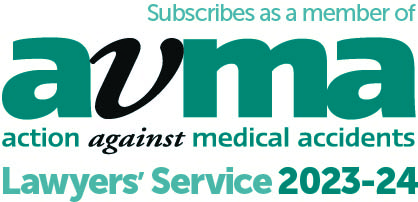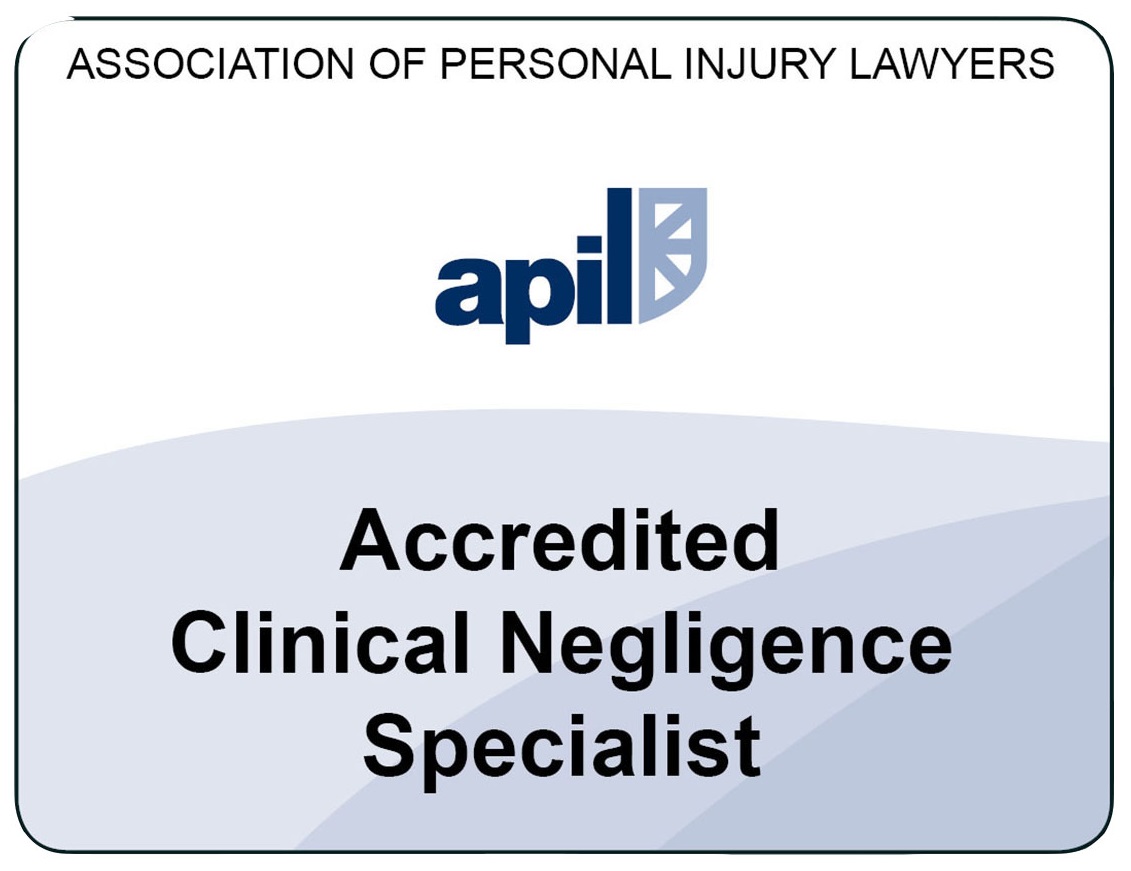Brain injury compensation claims
If you or someone you love has suffered a brain injury or serious head injury, you might have a compensation claim for medical negligence.

Brain Injury Claim | No Win, No Fee Solicitors
A brain injury can be frightening, emotionally and physically devastating not just for the individual, but also for the family. When you come to us for help, we’ll listen carefully to your experience and ask what outcome you might want. Then we’ll use our extensive expertise to look closely at the details of your case and give you clear, realistic advice about the next steps. Everything we do is geared towards getting you the best possible result.
No win, no fee
We work on a no win, no fee basis, so there’s no need to worry about costs. Plus, our specialist solicitors provide an initial free assessment of your claim.
Examples of brain injury medical negligence claims
Brain injury negligence claims typically involve medical errors relating to:
- delayed diagnosis or misdiagnosis of stroke
- mini strokes (TIAs)
- delayed diagnosis of meningitis
- brain cancer
- anaesthetic errors
- mistakes made regarding medication given
- infection
- birth injuries to a baby
- cerebral palsy
How a compensation claim can help
We know just how life-changing an acquired brain injury can be – and how it can affect your whole family too. Our brain injury solicitors will help you get the support you deserve, so you can focus on what’s important to you.
A compensation claim can provide security and stability for the future. If you’re unable to work because of your brain injury, the settlement may provide financial security for the rest of your life. The settlement can also be used to finance your care requirements – such as mobility equipment, housing costs and adaptations.
Every brain injury is unique, so we’ll work with you to understand what your needs are – now, and for the future.
Looking after your family’s immediate needs is a priority, but we also look at future needs. At Tees we have in-house experts in financial, employment, residential and trusts teams. Together, we'll protect any compensation you receive and ensure it is managed effectively and efficiently.
We’re here to help
Come in for a free, confidential, no obligation chat, or fill out our enquiry form and we will let you know how we can help. We can also visit you at home if you wish.
Brain injury claims FAQs
Every brain injury is different and different types of brain injury have different signs and symptoms. In serious cases of brain injury, it can take doctors some time to determine the extent of the damage.
An acquired brain injury is when the brain injury has occurred since birth. This includes:
- Brain tumours – the effect of a brain tumour depends on the size and location of the tumour and how much it has spread
- Bleeding in or around the Brain (a brain haemorrhage), for example, as a result of a ruptured aneurysm; or a (haemorrhagic) stroke
- Inflammation of the brain, e.g. encephalitis / meningitis
- Hydrocephalus (also called “water in the brain”) – this is a build up of fluid inside the skull, which increases pressure and causes damage to the brain
- Stroke – both an ischaemic and haemorrhagic stroke disrupt the blood supply to the brain
A traumatic brain injury is when the brain is damaged by external physical force. Injuries that can cause a traumatic brain injury include:
- Concussion
- Skull fracture
- Contusion (bleeding on the brain)
- Diffuse axonal injury (skull rotation).
The majority of brain injury claims focus on:
- Delays in diagnosis and treating brain tumours, brain haemorrhages, hydrocephalus, strokes and infections such as encephalitis and meningitis
- Not identifying and treating conditions that significantly increase the risk of stroke
- Delays in identifying shunt malfunction
If the person who has suffered the brain injury no longer has capacity to bring a claim themselves, then you can bring a claim on their behalf. You would be appointed as a Litigation Friend.
The Litigation Friend is appointed by the Court and must first satisfy certain criteria, such as being able to conduct the claim in both a fair and competent manner. A Litigation Friend must also file and serve a Certificate of Suitability at the Court.
Talk to an expert
-

Katheryn Riggs
Associate, Medical Negligence
Bishop's Stortford office
Meet Katheryn -

Janine Collier
Executive Partner, Medical Negligence
Cambridge office
Meet Janine -

Gwyneth Munjoma
Senior Associate, Medical Negligence
Chelmsford office
Meet Gwyneth -

Megan Reckless
Paralegal, Medical Negligence
Cambridge office
Meet Megan
Related articles
-

Birth injury to the child
Brain injury at birth negligence claims
15 min read -

Medical negligence
Case study: Life changing settlement for boy born with cerebral palsy due to midwife negligence
8 min read -

Medical negligence
£575,000 pre-trial settlement for child left with cerebral palsy as a result of poor management during labour
7 min read



